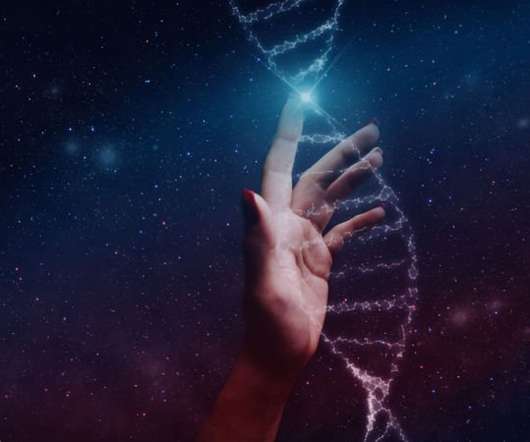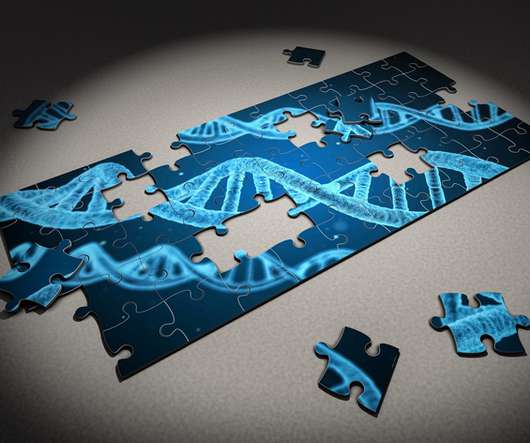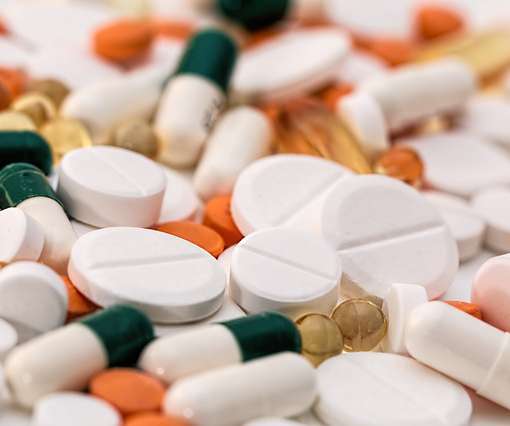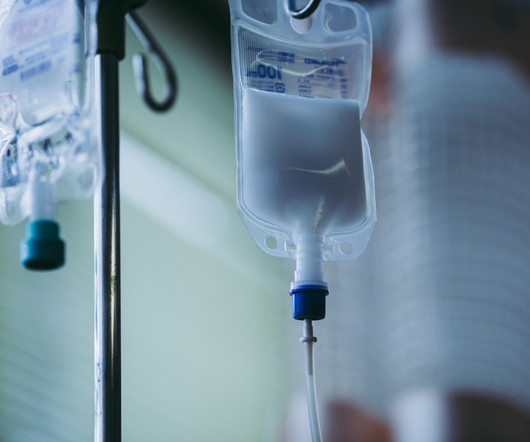Q&A: Gene therapy opportunities from long-read sequencing
Drug Discovery World
SEPTEMBER 20, 2022
Breakthroughs in gene therapy are only possible with an exact understanding of the genetic underpinnings of disease. To develop safe and effective gene therapies, researchers need confidence that genomic data is both complete and accurate.













Let's personalize your content